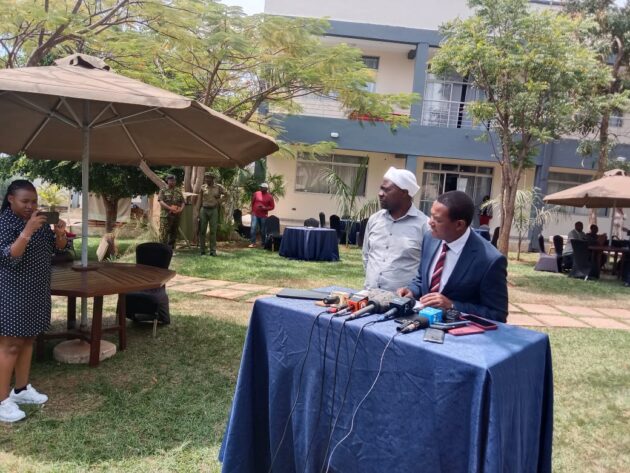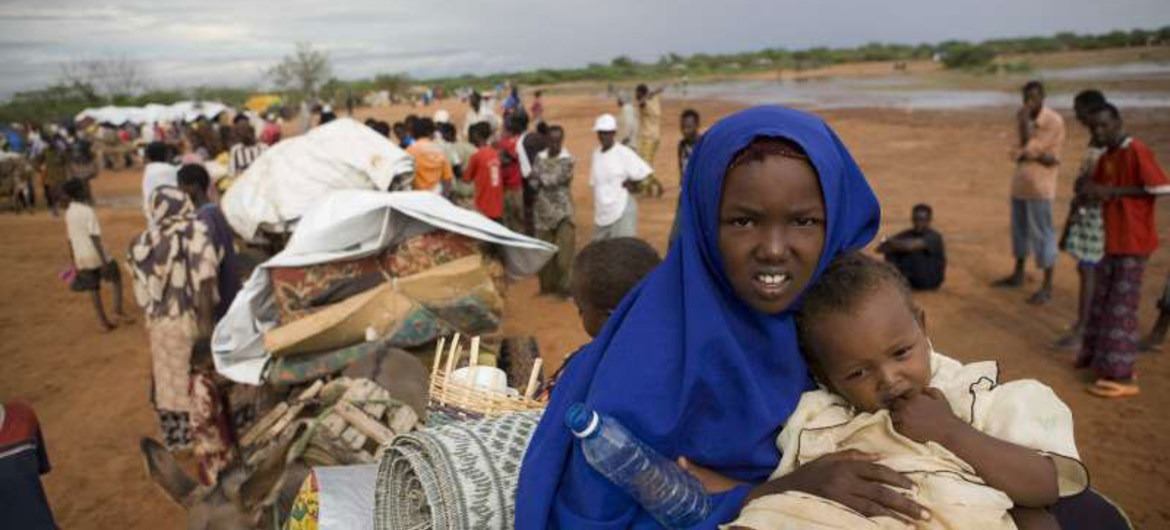The government is looking to ride on the investments in the blue economy initiatives locally to increase revenue to Sh120billion annually.
This will be a threefold increase from the current Sh37.6 billion that the state generates from the blue economy.
Cabinet Secretary in the ministry of mining, blue economy & maritime affairs, Salim Mvurya, said part of the plan has been to do mapping of the fisheries infrastructure across the country.
“We want to increase the revenue to Sh120 billion to harness the potential of the blue economy. The government is investing Sh1.5 billion in the coast region to provide landing sites which will be first points for value addition,” Mvurya said.
“A further Sh1.4 billion will be spent in mapping in the Lake Victoria region, with Sh1 billion more to be injected in Kabonyo-Kanyagwal fish project in Kisumu.”
He was speaking ahead of the BlueInvest Africa conference that Kenya will host on the third and fourth of July 2024.
BlueInvest Africa is a business-to-business event that aims to catalyse the growth of Africa’s blue economy through strategic investments in small and medium enterprises (SMEs).
The event is supported by the Government of Kenya and funded by the European Commission Directorate-General for Maritime Affairs and Fisheries (DG MARE).
The business event will bring together key stakeholders from across the continent and beyond to explore opportunities for sustainable development in ‘blue economy’ sectors such as fisheries, aquaculture, maritime transport, IT technologies, robotics, marine pollution, plastic litters and renewable energy.
The EU ambassador to Kenya Henriette Geiger, said the upcoming conference will bring together investors from the European Union and African countries to see how they can spur the blue economy.
“Through collaboration and investment, we can unlock the immense potential of Africa’s maritime resources, driving sustainable development and prosperity for generations to come,” Geiger said.
The business event will feature keynote addresses, panel discussions and interactive sessions highlighting best practices, innovative solutions and investment opportunities in the blue economy sector.
The focus for 2024 is to spotlight transformative projects within maritime and coastal sectors, as well as interior waters, emphasising sustainable innovation, job creation, and marine ecosystem preservation.
This event also provides a unique platform for African-based companies and global investors to forge strategic alliances, exchange knowledge and propel the blue economy agenda.
Kenya has recently been noted to lack requisite innovators in the blue economy sector, which has a huge untapped potential.
According to the digital expert and a director at Sote Hub David Ogiga, there is a need to get more people to venture into the blue economy and come up with innovations that will tackle major problems and open up the economic potential of the sector.
Sote Hub is a startup support centre in Nyali, Mombasa County, which provides co-working space, incubation and business seminars for young innovators.
“The blue economy currently has many challenges. In fisheries, for example, 80 per cent of fish consumed in Kenya is from Lake Victoria. Where are the Coast and the marine fish?” Ogiga questioned.
He noted that there is a need to increase the percentage of fish supply from the Indian Ocean, a move that will also boost the sector’s revenue.











